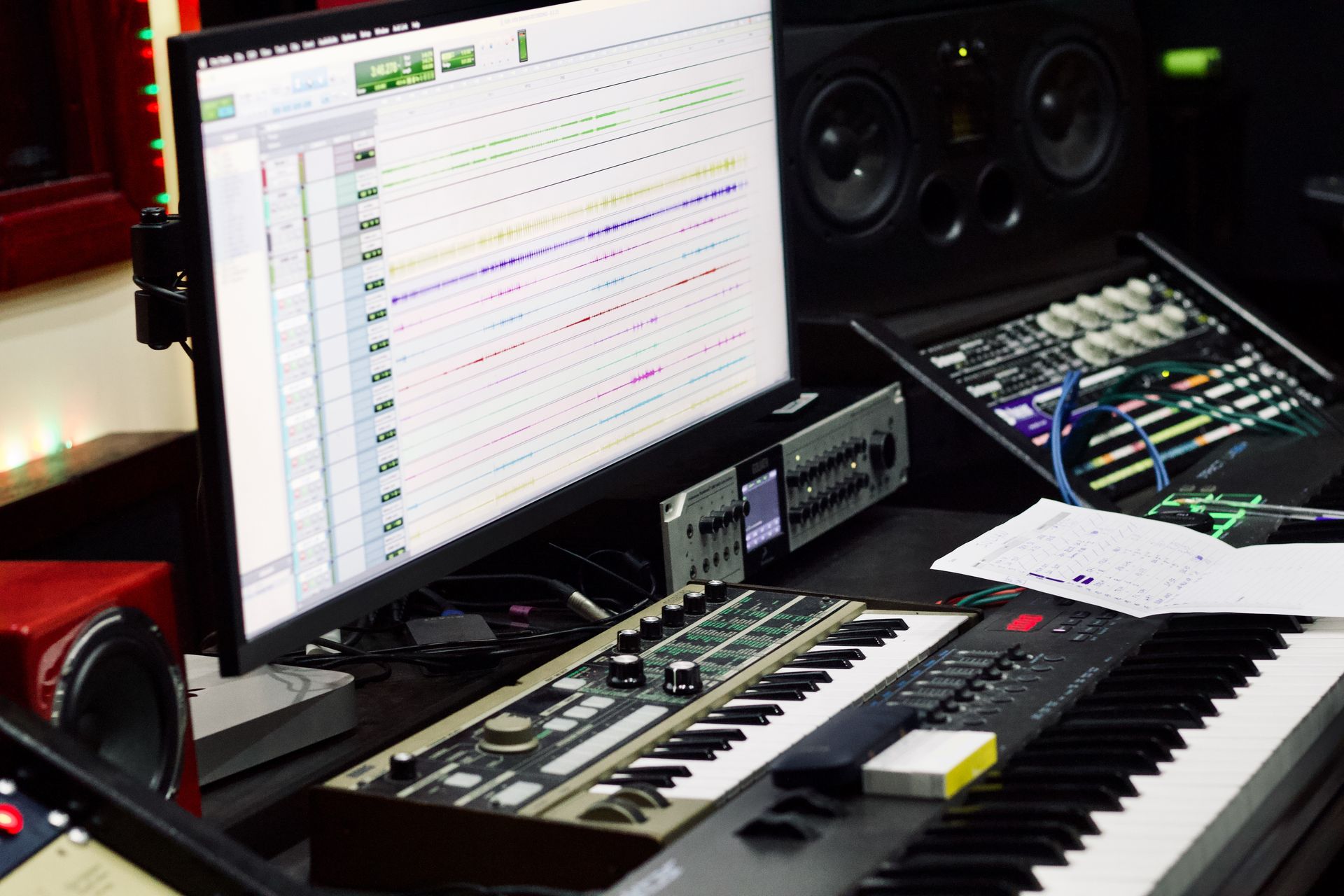The Science of Mixing and Mastering in Music Production
Mixing and mastering: exploring their differences, importance and impact.
The creative journey of a song from its inception to the listener's ears involves several crucial steps, each adding its layer of magic and polish. Two of the most critical stages in this process are mixing and mastering, often discussed together yet distinct in their roles and objectives. Understanding the art and science behind each can significantly elevate the quality of music production, ensuring that the final track is not only pleasing to the ears but also emotionally resonant and technically sound.
Mixing: The Art of Balance and Texture
Mixing is the process where multiple instruments and sounds are blended together to create a cohesive track. Think of it as an artist mixing different colors on a palette to paint a vivid picture. In mixing, the sound engineer adjusts levels, dynamics, panning, and equalization (EQ) for each instrument and vocal track. The engineer also apply effects like reverb, delay to enhance the texture and impact on the song. The goal of mixing is to ensure clarity and balance, making sure that no single element overshadows another unless intentionally designed that way.
Mastering: The Final Polish
Mastering, on the other hand, is the final step in the music production process. It involves taking the mixed track and polishing it to perfection. This includes adjusting the overall volume, enhancing clarity, and ensuring that the track sounds good on any playback system, from high-end speakers to simple earbuds. Mastering also involves sequencing the tracks for an album, ensuring consistent sound quality and volume across the board. The aim is to provide a final stamp of quality assurance, making the track ready for distribution.
The Subtle Yet Impactful Differences
While both mixing and mastering deal with the sound quality of music, their focus is different. Mixing dives deep into the details of each track, sculpting the sound to achieve the desired balance and harmony. Mastering takes a step back, focusing on the final product as a whole, polishing the mixing track and ensuring it meets the industry standards and delivers the intended emotional and sonic impact.

Why Both Are Essential
Neglecting either mixing or mastering can lead to music that feels unfinished or unpolished. Mixing ensures that the music has the right balance and depth, while mastering ensures consistency and commercial readiness. Together, they ensure that the music not only sounds professional but also connects with the audience as intended.
In conclusion, the processes of mixing and mastering are both art and science, requiring a keen ear, technical skill, and creative vision. They are not mere steps but essential crafts that bring out the best in any musical composition. Understanding and applying these processes can elevate music production from good to great, ensuring that the final product stands out in today's competitive music industry.
Ready for your next session?
Get a tailored quote for your project and book a studio session today!
Find this post interesting? Share it with your friends with a click!




